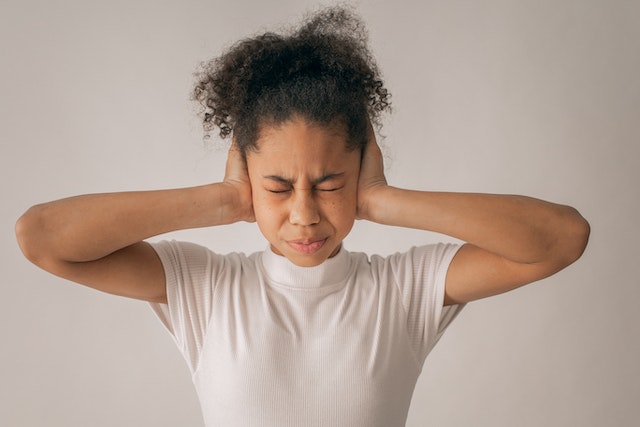Introduction:
As an experienced psychologist with 35 years of expertise, I have worked extensively with teenagers facing mental health challenges.
Adolescence can be a turbulent period, and it’s crucial for parents and caregivers to recognize the signs of mental health issues such as anxiety or depression in their teenagers.
In this article, I will provide guidance on what you should do if you suspect your teenager is experiencing these concerns, and how you can support them in seeking help and recovery.
Recognizing the Signs:
The first step in helping your teenager is recognizing the signs of mental health issues. Look out for the following indicators:
Changes in Behavior:
Notice if your teenager becomes increasingly withdrawn, isolates themselves from family and friends, or experiences a significant decline in academic performance or motivation.
Emotional Distress:
Be attentive to signs of persistent sadness, irritability, mood swings, excessive worry, or intense feelings of fear or hopelessness.
Physical Symptoms:
Watch for unexplained physical symptoms such as headaches, stomachaches, changes in sleep patterns, or significant changes in appetite.
Create a Supportive Environment:
Creating a supportive and non-judgmental environment is crucial for your teenager to feel safe and comfortable discussing their mental health concerns.
Here are some strategies to foster such an environment:
Open Communication:
Encourage open and honest conversations with your teenager. Let them know that you are there to listen and support them without judgment.
Validate Their Feelings:
Acknowledge and validate your teenager’s emotions. Let them know that their feelings are valid and understandable.
Avoid dismissing or minimizing their experiences.
Be Empathetic:
Show empathy and understanding towards your teenager’s struggles.
Try to put yourself in their shoes and validate their experiences, even if you may not fully understand their perspective.
Seek Professional Help:
If you suspect your teenager is experiencing anxiety or depression, it is important to seek professional help. Here’s what you can do:
Consult a Mental Health Professional:
Schedule an appointment with a qualified mental health professional, such as a psychologist or therapist, who specializes in working with adolescents.
They can conduct a thorough evaluation and provide an accurate diagnosis.
Encourage Openness:
Assure your teenager that seeking professional help is a positive step towards better mental health. Emphasize that therapy is a safe and confidential space for them to express their thoughts and emotions.
Attend Therapy Sessions:
Offer to attend therapy sessions with your teenager, if appropriate and if they are comfortable with the idea.
This shows your support and helps you gain a better understanding of their struggles.
Support Self-Care:
Encourage your teenager to prioritize self-care as they navigate their mental health journey.
Here are some self-care practices to recommend:
Healthy Lifestyle:
Promote regular exercise, a balanced diet, and sufficient sleep. Physical well-being is closely connected to mental well-being.
Stress Reduction:
Teach your teenager healthy coping mechanisms for managing stress, such as deep breathing exercises, meditation, journaling, or engaging in hobbies they enjoy.
Social Support:
Encourage your teenager to maintain healthy relationships and engage in activities that bring them joy and a sense of belonging.
This can include spending time with friends, joining clubs or sports teams, or participating in community activities.
Conclusion:
As an experienced psychologist, I understand the importance of early intervention and support when it comes to teenagers’ mental health.
If you suspect your teenager is experiencing anxiety or depression, it is crucial to recognize the signs, create a supportive environment, seek professional help, and encourage self-care.
With your love, understanding, and appropriate intervention, you can help your teenager navigate their mental health challenges and empower them to lead a fulfilling and balanced life.
![]()











